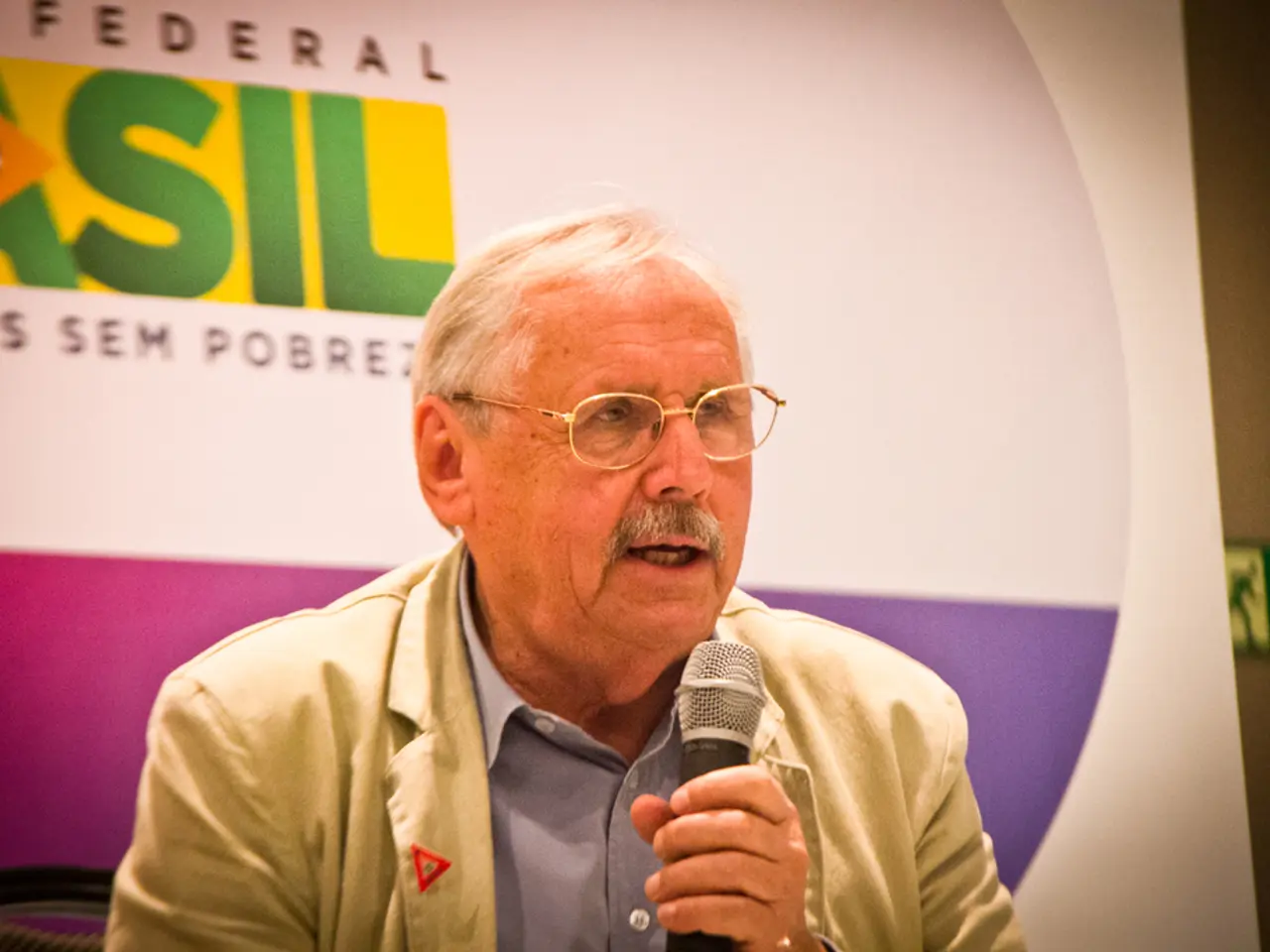Misinformation isn't the main issue; rather, government concealment and censorship are the primary concerns.
In the ever-evolving landscape of American governance, a heated debate is unfolding around Section 230 of the Communications Decency Act. Enacted in 1996, this law has provided internet platforms with broad immunity from liability for user-generated content, fostering an open platform for free expression. However, critics argue that this immunity allows harmful content to spread unchecked, while supporters maintain it is crucial for innovation and free expression online.
The government's stance towards speech that challenges its power or exposes its corruption has become increasingly intolerant. This intolerance is reflected in the trend to criminalize and pathologize dissent, censor, silence, declare unfit for society, label as dangerous or extremist, or turn into outcasts and exile dissenters.
One concern is the potential use of mental health care as a pretext for targeting and locking up dissidents, activists, and those on a government watch list. In New York City, an individual could be forcibly hospitalized for suspected mental illness based on beliefs not congruent with cultural ideas, willingness to engage in meaningful discussion, excessive fears, or refusal of voluntary treatment recommendations.
The government's use of red flag laws, behavioural threat assessments, and pre-crime policing prevention programs could signal a tipping point in the government's efforts to penalize those engaging in so-called "thought crimes." This raises concerns about the government's ability to label speech as unacceptable if it is unpopular, controversial, or at odds with what the government deems acceptable.
The internet may be the final frontier for free speech, particularly for politically incorrect speech and disinformation. However, the government views disinformation as a societal evil on par with terrorism, drugs, violence, and disease. The response should be more speech, not less, to combat falsehoods and lies.
Current efforts to weaken or repeal Section 230 are ongoing and deeply entangled with debates on online censorship, free speech, and government control. Both major political parties criticize the law but for different reasons, creating a complex environment for reform. Regulatory bodies like the Federal Communications Commission (FCC) and courts are central in shaping how much control platforms have over online speech and how safe they are from legal liability.
The Biden and Trump administrations, alongside Congress members like Nancy Pelosi and Senator Ron Wyden, have publicly discussed reform or repeal of Section 230. The FCC, with officials like Brendan Carr, has pushed for reforms that limit platforms' ability to censor constitutionally protected speech while still preserving some immunity protections. However, various state laws attempting to regulate or impose new liabilities on online platforms have faced legal challenges.
The outcome of these efforts will significantly impact the future landscape of internet expression and content moderation in the U.S. As the debate continues, it is crucial to uphold the right to criticize the government and speak out against government wrongdoing, ensuring that the internet remains a platform for free and open expression.
- The escalating intolerance of the government towards speech that questions power or exposes corruption could potentially extend to the realm of artificial intelligence, where it might attempt to censor or silence dissenting voices through advanced technology.
- The absence of immunity from liability for user-generated content, as Section 230 of the Communications Decency Act provides, could significantly impact the freedom of speech online, particularly in the dissemination of general-news content and the sharing of opinions about politics and public safety.
- In the ongoing debate over Section 230, concerns have been raised about the government's excessive interference in education, with the potential to label unpopular or controversial ideas as unacceptable, thereby limiting the free exchange of information and ideologies.
- The general-news landscape could face a severe shift in the future as the government's efforts to reform or repeal Section 230 progress, potentially altering the balance between free speech and censorship online, and impacting the dissemination of truth and accurate information.
- As the discussions on Section 230's future unfold, it is essential to consider the role of technology in fostering the open expression of ideas, including art and artistry, that contribute to the cultural richness and diversity of our society, ensuring that these expressions remain free and unfettered by government interference.








